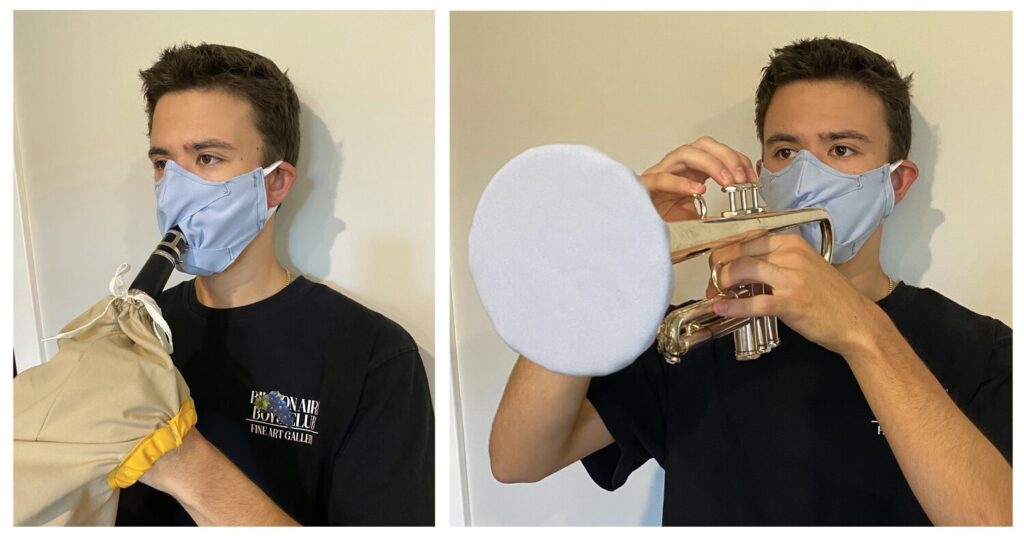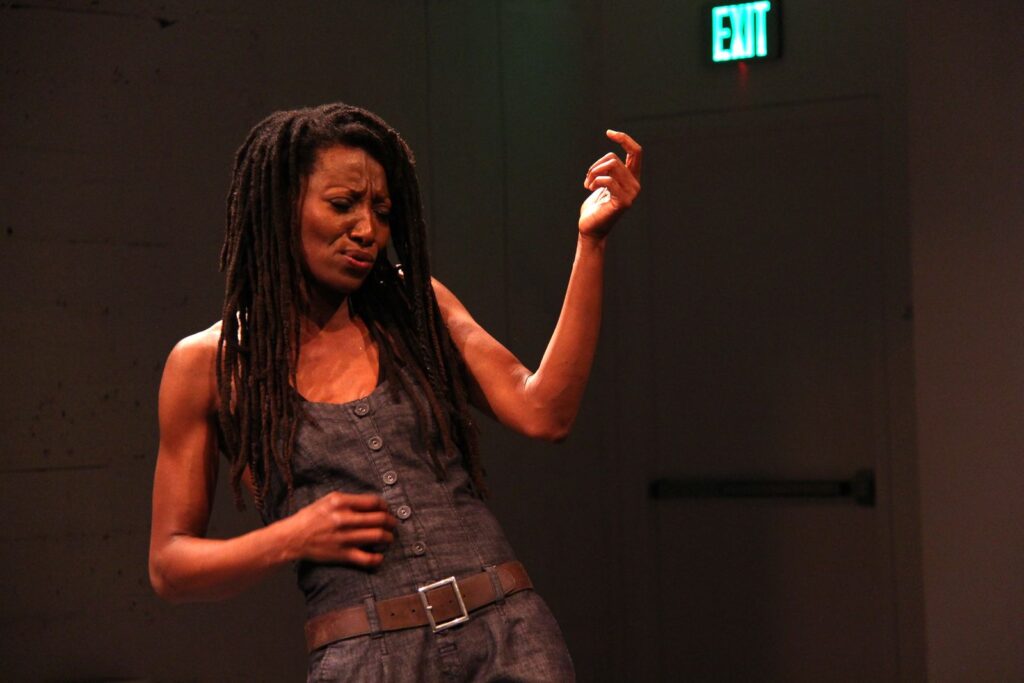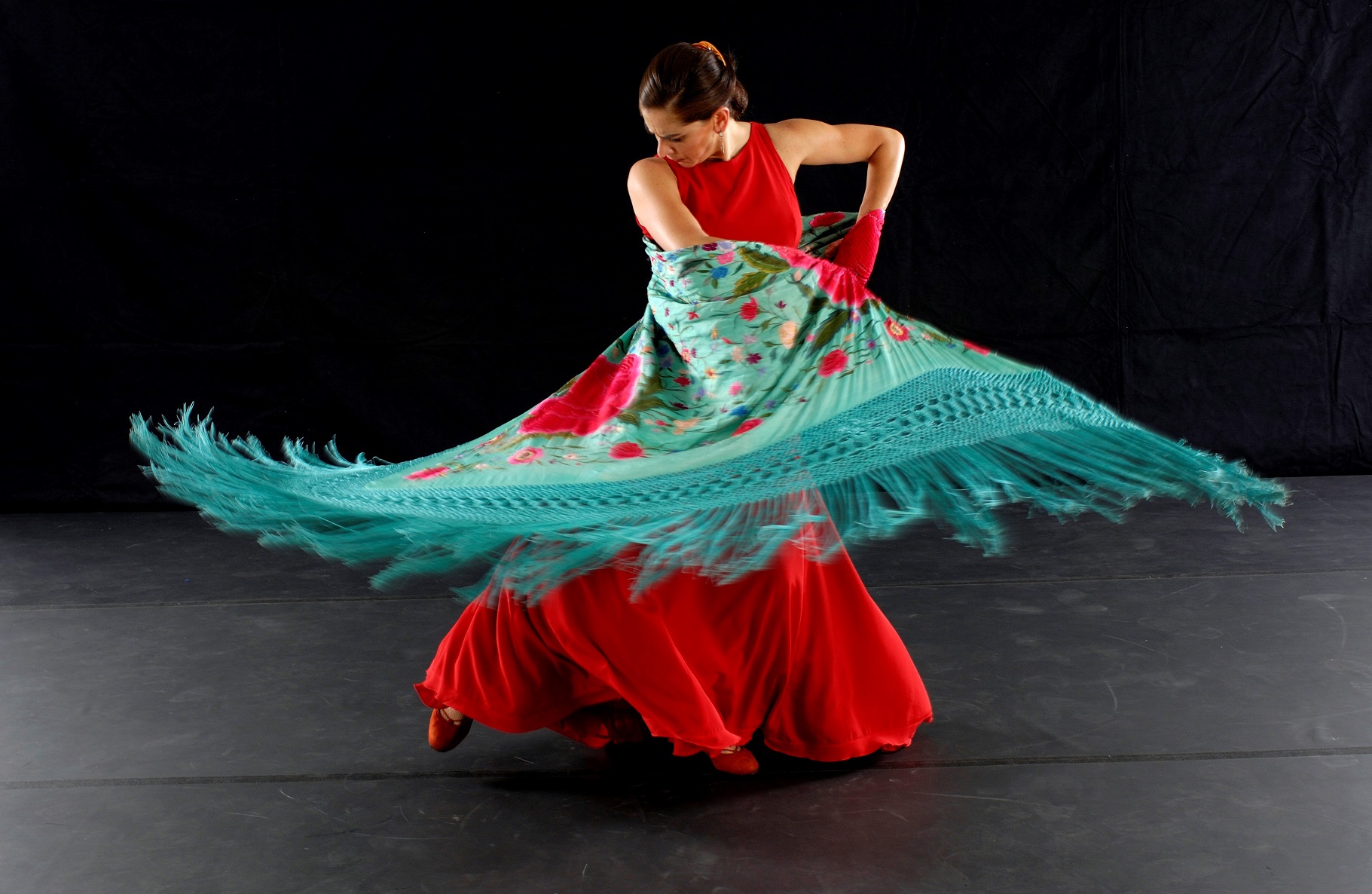LATEST UPDATE: The mini-festival will go on this weekend, as the SF International Arts Festival prevailed in court but agreed to institute 20 minute breaks between performances the city insisted on. This means a reduced lineup, but you can still stream many acts at the festival’s website if you haven’t reserved to attend. As a press release from the SFIAF notes, “The case confirmed that outdoor performing arts events could take place in the City and County of San Francisco at the same levels as religious groups and political protests. The law was clearly on the side of the Festival as plaintiff, but the outcome was by no means certain when arguing a case against the government. One eye catching element of the case that surprised Festival staff and attorneys was the government’s decision to back down on its ban on singing, brass and woodwind instruments. Artists will incorporate these features into their performances over the weekend.”
UPDATE: Per a press release from the SF International Arts Festival: “The state of California has declared its position moot in the lawsuit referenced below. It is bringing its guidelines more in line with the Festival position.
Leaving City & County of San Francisco as sole defendant. Quote from brief on behalf of Gov. Newsom:
Plaintiffs seek to conduct an arts festival this weekend in San Francisco. They object that such festivals should not be subject to general restrictions applicable to gatherings when more lenient and closely tailored restrictions are imposed on other activities protected by the First Amendment such as worship services and protests. The State agrees and, indeed, has been formulating guidance for musical, theatrical and other artistic performances, as part of the development of industry-specific guidance documents the State has been publishing throughout this pandemic to guide public health and safety during this time. As these guidelines are not complete, this morning the State is issuing an interim directive which permits performances before audiences of less than 100 individuals in counties such as San Francisco but requires approval of the safety precautions taken for such performances by the local public health officer.
—-
When it comes to reopening performing arts during the pandemic, the city’s response has ranged from apathetic to actively hostile. While restaurants and many bars—and, recently, movie theaters, museums, religious worship, gyms, and salons—have been able to return in some capacity, musicians, dancers, comics, and other performing artists as well as their venues and festivals have been left to mostly fend for themselves in the Zoom zone.
That doesn’t mean people have stopped performing. Indoor performances are out, but socially distanced jazz bands and glitter-masked roller skaters in Golden Gate Park, DJs and cellists on slow streets, miniature dance parties in those Dolores Park “bubbles,” wild drag shows in Haight Street windows, and even professional dance company pop-ups on Ocean Beach have manifested. Perhaps the most emblematic, very clever, and ridiculously-of-the-moment example has been the Stevenson Street Outdoor Concert and Dance Series, during which rappers, musicians, dancers, and more perform on the iconic Stevenson Skybridge, while seated diners on the roof of the Montesacro Pinseria Italian restaurant watch from below. (I’m not really sure how Dance Brigade pulled off their performance last weekend in the Mission, an invigorating instance of safe event management.)
But lack of official San Francisco Department of Public Health guidelines—which must undergird the legal permitting process—has meant that the possibility of larger, safely-designed performances which could at least partially fill desperate artists’ and venues’ pockets have been nixed. “Drive-in live performances,” the only explicit mention of most performing arts, are listed nearly last on the Reopening San Francisco plan, even as the city moves into the state’s yellow tier. The announcement a few weeks ago that “JAMM permits” would be offered for amplified sound and live performance at businesses utilizing the outdoor Shared Spaces program was a great step forward, but came probably too late for many to get organized before the rains come, forcing the question of how artists will survive the winter.
Nobody wants to push forward into potentially dangerous territory. But to the arts community, a lack of clarity and response, let alone prioritization, from the Mayor’s Office and SFDPH feels akin to stonewalling. What purpose does it serve? As a journalist following the attempts of several valiant venues and arts leaders for the last seven months as they have tried to navigate around saving their businesses and supporting their artists, it’s all been pretty infuriating.
Help us save local journalism!
Every tax-deductible donation helps us grow to cover the issues that mean the most to our community. Become a 48 Hills Hero and support the only daily progressive news source in the Bay Area.

Folks like Andrew Wood of the San Francisco International Arts Festival and Susie McKinnon and Joe Landini of Arts for a Better Bay Area have been bringing together artists to brainstorm ways to survive and try to move forward. They’ve been asking some very intriguing questions—not least of them why dining, with its risk of spreading infection especially to workers, has taken precedence over something as low contact as a distantly staged play or masked comedy routine. One common perception is that it’s because local performing arts orgs lack a powerful lobbying arm like the Golden Gate Restaurant Association. And, as city officials disappointingly confirmed on a recent Zoom call with Arts for a Better Bay Area, it’s also a matter of convincing leaders of the recovery effort that arts matter greatly to the cultural and economic life of the city.
There have been other great questions as well: How can box office and ticketing technology aid contact tracing efforts (whereas dining has none of this)? Can’t reserved seating and the presence of ushers at outdoor performances guarantee social distancing more than a free-for-all gathering? And is the SFDPH working with anyone at all from the arts community to develop any forthcoming guidelines, to ensure professional input?
SFDPH hasn’t been answering those specific questions, for orgs or reporters. The response I received from SFDPH’s COVID Command Center when I asked about these things was, “The State of California does not currently permit outdoor concerts and dance or theatrical performances for audiences of more than 12 people. We are awaiting guidance from the State. However, entertainment is currently allowed at outdoor dining or Shared Spaces, farmers’ markets, outdoor fitness classes, and drive-in gatherings with masks, physical distancing and without wind or brass instruments.”
As Wood told me in August: “We just want to know how they’re making these decisions—if they’re even considering guidelines—and how we can be involved in making sure any guidelines are really appropriate to what we do. Crowd safety and event management is our business. We know this stuff, why not work with us?”
“Art is free speech. We are going ahead with this event.”
There seemed to be some small step forward for performing arts when Wood and the SF International Arts Festival found a way to hold a permitted, public, outdoor, two-day program of events for 49-person capacity this weekend. Supported by the San Francisco Arts Commission, the Sat/24-Sun/25 mini-festival is to feature more than a dozen acts, from Peninsula Ballet and Theatre Flamenco to Las Almas band and performance artist Nkechi Emeruwa, enlivening upper Fort Mason’s Eucalyptus Grove—and applying strict safety protocols.

How did they do it? The SF International Arts Festival—which had to cancel its big event earlier this year—operates at Fort Mason which is federal, rather than city, land, regulated by the National Parks Service. The general rule under COVID is that the Parks Service conforms to local guidelines and statutes. But if an organization can show the Parks Service that a similar event to the one being planned has taken place safely, then the organization can receive a variance. (Wood and team pointed to open-air worship services from Hillside Church that also operates in Fort Mason, and also to an open air concert that the Chapel held in August along Valencia Street.)
The Parks Service gave the go-ahead and all was well and good, until apparently the city got wind of what was happening and things quickly took a turn. As Wood’s organization put it in a press release:
SFIAF secured a capacity variance under the City’s Shared Spaces program (approved on September 17th HERE) that was forwarded to and declared sufficient by the Park Service on September 18 (HERE). All was well until October 9 when, out of the blue, the Park Service began receiving daily threatening messages from the Mayor’s Chief of Staff, Sean Elsbernd demanding that the events be cancelled. Interestingly, the Mayor’s office made no attempt to call the Festival. Several attempts by Festival staff to reach the Mayor’s office were not responded to. But the Shared Space program office did answer a call and declared that the permit was complete and should be allowed to go ahead as it was. Finally, on Saturday October 17, the Deputy City Attorney representing the Mayor’s office (after repeated pressing from SFIAF attorneys) admitted that the Mayor’s intention was to revoke the permit, but gave no reason for doing so.
(48 Hills called Elsbernd, who referred us to the Mayor’s Office of Communications for a statement. We’ll update when they respond.)
Now, the SF International Arts Festival is suing the city on the grounds of free speech under the First Amendment, for attempting to cancel the event. As the press release goes on:
On not seeing any option for redress through orderly and civilized conversations with the Office of the Mayor, SFIAF filed suit in Federal court on today’s date.
SFIAF Director, Andrew Wood said, “Even for City Hall, this is a truly bizarre turn of events. We were given a City permit to present an Arts Commission funded project that is expressly for the purposes of developing best health and safety practices. For the Mayor to sneak around and undercut the integrity of her own administration and, just for good measure, try to shred the First Amendment in the process is remarkable. It is more akin to the reprehensible and nonsensical behavior of the current occupant of the White House than what we would expect of a responsible, elected Democratic leader. Fortunately, we believe we have a very strong First Amendment case and will prevail.” For Wood’s declaration to the Court CLICK HERE.
Artist Nkechi Emeruwa-Neuberg who is scheduled to perform her solo theatre work “Licensed to Drive While Black” as part of the program said in a statement to the court, “I am very sad to have to write this letter. I do not understand why the City is placing itself in opposition to this program. Of all the fights to pick, this seems to be the absolutely worst and ill-judged for the least definable reason. The insult is hurtful and the timing unconscionable. As artists we invest time, thought and energy in our practice. To be disregarded in this turbulent and difficult time is tantamount to censorship of the arts and telling us that our voices do not matter. It is a gross disservice to the First Amendment and the values we hold dear as the descendants of slaves, defenders of emancipation and citizens of the United States of America.” For Emeruwa-Neuberg’s full declaration CLICK HERE.
The SFIAF believes it will receive a favorable court ruling within the next few days and the event will go forward in some way. “Art is free speech,” Wood told me, “and we are going ahead with this event. Even if we have to do it as a protest, pulling a protest permit and renewing it every two hours.
“We don’t want the health department making guidelines in a vacuum,” Wood continued. “They completely fucked up the restaurant reopening, with no contact tracing. It’s important that we do this now before the rains come. Because come April, if the arts survive and if the SFDPH finally issues guidelines with no input from the arts community, there’s going to be 50 arts organizations out the door with these guidelines and no contact tracing or real sense of how all this will work and remain healthy. That’s criminal.”


